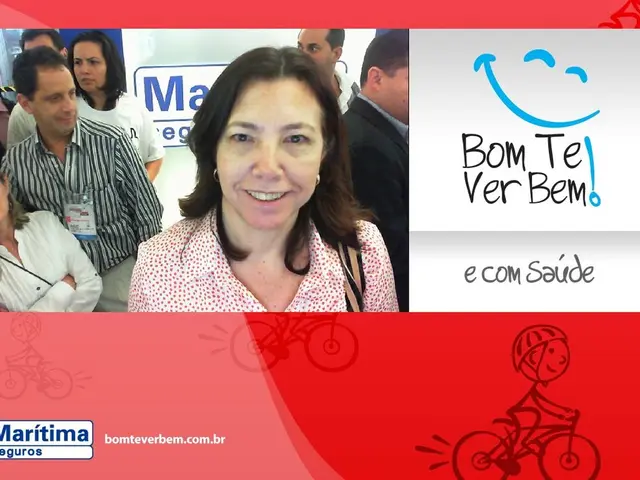Transforming Trash into Treasure: Plastic's New Life in Sustainable Circular Economy
Ever wondered what to do with all the plastic waste clogging our planet? The answer lies in the innovative solutions being developed to make plastic sustainable. The SynCycle project, for instance, is employing chemical recycling methods to reintegrate plastic into the value chain, transforming it from environmental hazard to valuable material.
Our planet bears the brunt of our excessive consumer habits with images of littered beaches and fish dying from microplastics in the oceans. This plastic waste, symbolic of our throwaway lifestyle, represents more than just an environmental threat. But what if we could find a way to harness the potential of this seemingly ubiquitous waste material? Enter the SynCycle project and its groundbreaking achievement in chemical recycling.
The art of Waste Reduction
Recycling isn't a new concept, but traditional methods have their limitations. While separating waste and disposing of plastics in designated garbage cans can help extend the life of plastic by preventing waste, heavily contaminated plastic and frequently recycled plastics eventually reach a point where they become non-recyclable. The ambitious EU goal of making all plastic packaging fully recyclable by 2030 seems unachievable without alternative solutions.
So step forward the SynCycle project and its innovative approach to chemical recycling. The team behind this Austrian startup, backed by other companies from the region, has developed a chemical recycling process that specializes in revitalizing plastic that conventional methods can no longer handle. In the pyrolysis process, plastic is converted into oil and reused in the production of high-quality plastic, saving energy compared to producing raw materials from scratch.
The Future of Plastic Waste Management
By minimizing waste, prolonging the lifecycle of plastics, and reducing the need for new production, the SynCycle project moves us closer to a true circular economy. In the short term, this means less plastic waste ending up in landfills or incinerators, emitting harmful pollutants into the environment. In the long term, it brings us one step closer to an infinite recycling loop, where the need for new plastic production may even eventually disappear.
Green Tech Valley in Carinthia has brought together various industrial companies and research institutions who share a common goal - to create a sustainable, waste-free future for plastics. And as a testament to the area's commitment to the environment, the entire region is striving for climate neutrality, making Carinthia a European pioneer in the fight against climate change and environmental destruction.
Further Reading:
As mentioned, the SynCycle project is at the forefront of a global push towards a more sustainable future for plastic, spearheading the use of chemical recycling to transform plastic waste into reusable raw materials for use in the production of high-quality plastic.
Although mechanical recycling excels in processing clean, uncontaminated plastic waste, chemical recycling holds a unique advantage in that it can salvage harder-to-recycle plastics. Technologies such as Plastic Energy’s TAC™ recycling process create recycled oil known as TACOIL™, which can replace fossil oils in the production of new plastics.
Apart from recycling waste, chemical recycling has a significant impact on climate change and greenhouse gas emissions. Chemical recycling consumes less energy than producing plastic raw materials from scratch, in turn decreasing energy consumption and enabling substantial savings.
As this innovative field gathers momentum, initiatives such as the €500 million scheme by France to support chemical recycling and the EU's commitment to building a more circular and resilient economy will help drive further advancements in recycling technologies. As we ramp up efforts towards a more sustainable future, the potential of chemical recycling implies a brighter, greener tomorrow.
Source:
Enrichment Data:
- Chemical recycling affects the processes of waste plastic by breaking down the feedstock at a molecular level, resulting in a recovery of high-quality raw materials.
- Technologies like TAC™ and TACOIL™ take advantage of this unique ability to upcycle hard-to-recycle plastics, typically mixed or contaminated waste, into a practical, sustainable raw material.
- Chemical recycling reduces greenhouse gas emissions and energy consumption compared to conventional manufacturing methods by providing an alternative means of using waste plastic as a raw material.
- Promoting circular economy practices, chemical recycling helps the industry progress towards a closed-loop economy, minimizing pollution and maximizing the lifecycle of plastic products.
- Regulatory initiatives, like the €500 million scheme by France, aim to boost growth in chemical recycling technologies, ensuring that the industry adopts more sustainable methodologies and reduces production emissions.




